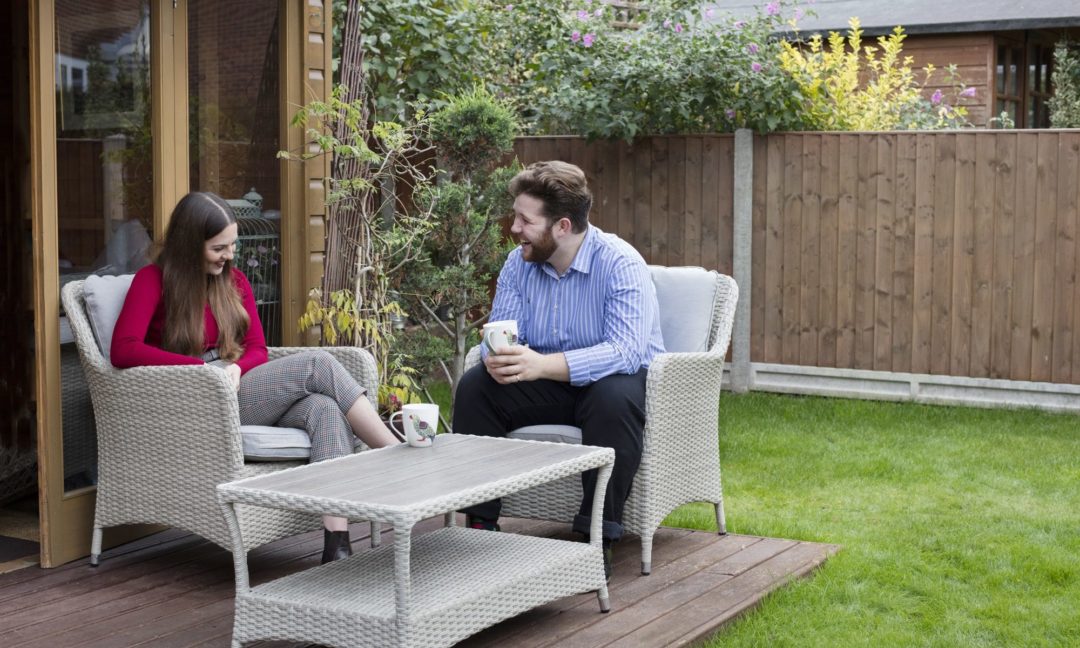First time buyer deposits – side hustles becoming increasing popular
There is no doubt that saving up for a deposit on a property has always been difficult – but perhaps never more so than now. House prices are rising rapidly, it’s the same story for private rental costs, and many first time buyers may have borne the economic brunt of the pandemic with job opportunities reduced, increased competition for vacancies and the threat of lower pay for years to come.
It’s true that the lucky ones may have the support of their parents to help gift them a deposit in part or in full, but even when this is the case, mortgage lenders will usually still want to see some evidence that the first time buyer is showing responsibility and capability in managing their finances. Borrowers who have saved at least some of the deposit themselves also tend to be more wedded to their new property and therefore more inclined to ensure they meet their mortgage commitments.
However, relying on the ‘bank of mum and dad’ isn’t always possible and so, according to our survey*, as many as two thirds (64%) of resourceful first time buyers are turning to a second source of income to help them save for a deposit, with this figure rising to 85% in London.
This second income stream is proving fruitful as many first time buyers note that it makes up a substantial portion of their deposit – two fifths on average. Putting this into real numbers, it was recently reported that the average first time buyer currently needs to save a deposit of almost £59,000 which equates to around £23,000 being generated by these so called ‘side hustles’.
Unsurprisingly, many first time buyers claim they simply would not have been able to get the deposit together without their additional stream of income and many believe it has helped them get onto the property ladder sooner than they had expected.
What is meant by a side hustle?
A side hustle is when an individual takes on an extra job. Side hustles come in all shapes and sizes and to some extent depend on the industry and type of work that an individual undertakes in their first job.
Of those who told us they had a side hustle, around a third had started their own business – some of which were related to their main employment and some were in a new industry altogether.
Many first time buyers are in their 20s, 30s and 40s and often take on informal work at weekends such as a bar job or a shift in a restaurant. Others find it easier to consider domestic work such as gardening and cleaning.
Some would-be first time buyers were using the experience gained from their first place of work and freelancing for friends and family i.e. a designer creating branding for a friend’s new venture.
Key points for first time buyers considering a side hustle:
1. Whilst providing a bigger deposit can be desirable, first time buyers should not bank on the additional income from their side hustle to be considered in the affordability assessment required when applying for a mortgage. All applicants need to demonstrate any income is reliable and ongoing, providing proof of this through payslips or tax returns.
2. Anyone with a side hustle should check that they aren’t unintentionally avoiding paying tax. The HMRC has a simple questionnaire to help understand what does and does not need to be declared for tax purposes.
3. It’s also really important that first time buyers aren’t breaking any of the rules and regulations in their employment contract. Most employers won’t have a problem with their staff taking on a second job as long as it doesn’t conflict with their day to day employment or require the use of company time or equipment. Sometimes it’s necessary to obtain written permission for a second job or side hustle so that everyone knows where they stand.
It can be tough for first time buyers to save, especially when they may be early in their careers, could still be studying part-time or have a family to support. A side hustle can be an effective way to turn a hobby into an income, or to put a few spare hours a week to good purpose, and those extra savings can really add up when it comes to getting on the property ladder.
*Independent research undertaken between 6-9 July 2021 amongst 476 first time buyers.


















